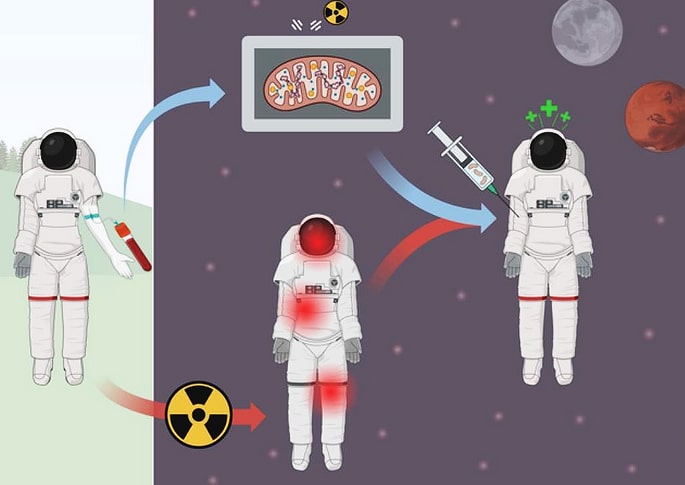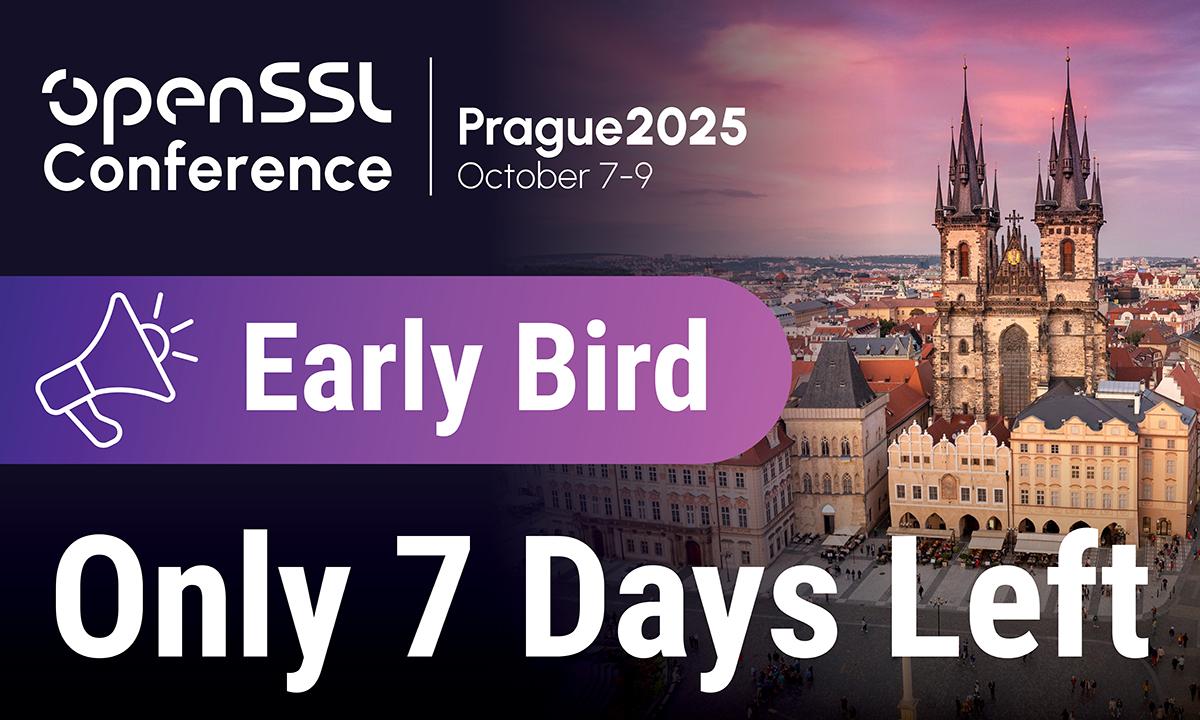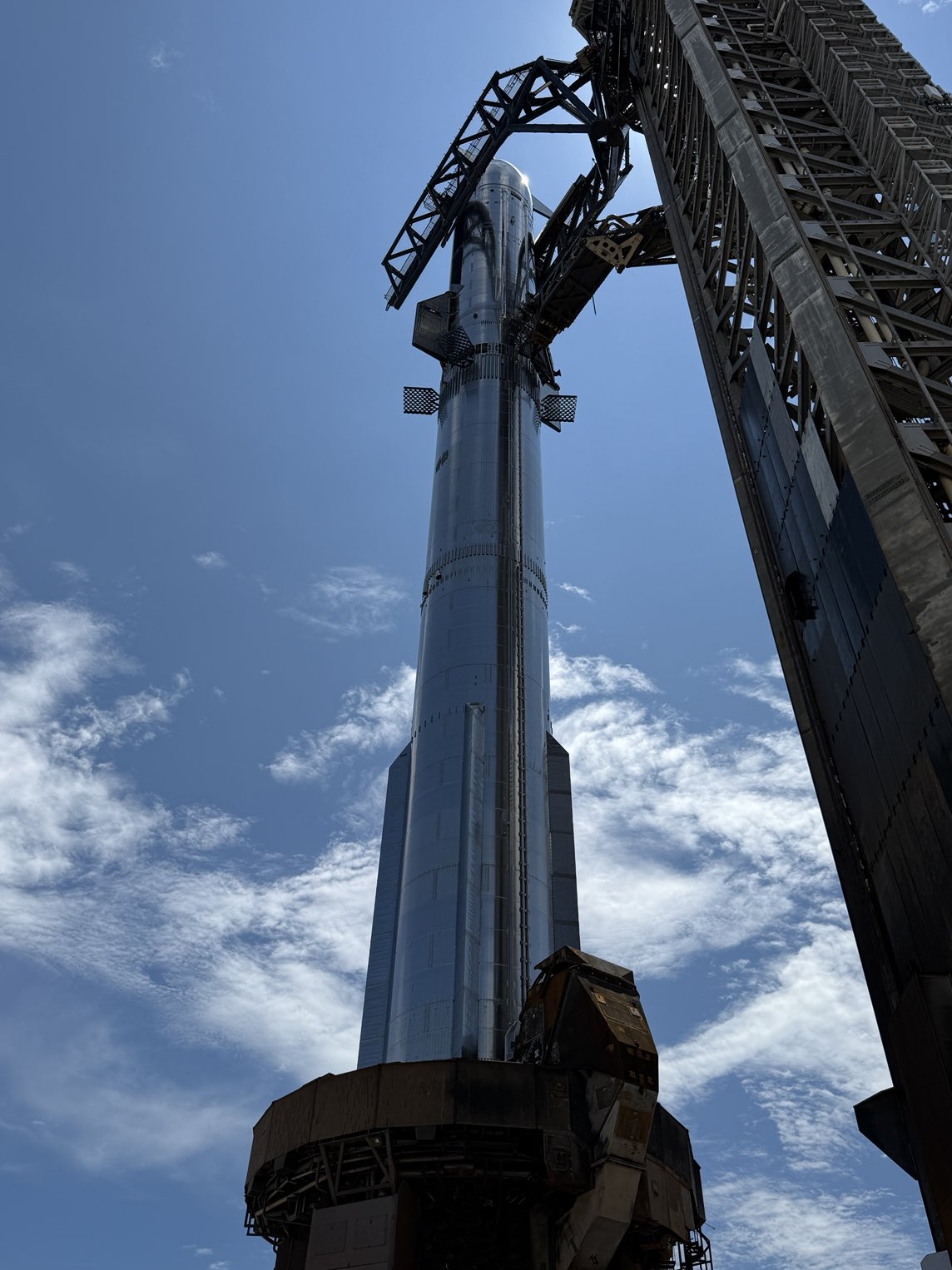Now Reading: NASA’s Cell Repair Research Could Extend Human Healthspan by a Decade
-
01
NASA’s Cell Repair Research Could Extend Human Healthspan by a Decade
NASA’s Cell Repair Research Could Extend Human Healthspan by a Decade

Fast Summary
- NASA Initiative: NASA aims to combat radiation-induced cell damage in astronauts by transplanting healthy mitochondria, addressing long-term human spaceflight risks and potential applications for health on Earth.
- Mitochondria Replacement Therapy (MT): Early trials have started using bioreactor-grown young mitochondria for disease repair and anti-aging, targeting conditions like cardiovascular disease, Alzheimer’s, tissue injury, and aging-related degeneration.
- Key Applications:
– space missions: Reduction of radiation risks during prolonged space travel to the Moon/Mars.
– Age reversal: Potential lifespan extension of up to 10 years; improving healthspan with muscle and cognitive gains observed in preclinical models.
– disease treatment: Promising results in reversing mitochondrial dysfunction tied to degenerative illnesses such as sarcopenia or neurodegeneration.
- Tech Development:
– Trials underway for scaling mitochondria harvesting systems (e.g., from placentas or autologous sources).
– Long-term goal includes establishing “mitochondrial donation banks” akin to blood banks within the next decade.
- Regulatory Status:
– Germline MRT approved in countries like UK/Australia since mid-2010s for inherited diseases but restricted elsewhere (e.g., US).
– Somatic MT therapies are still mostly preclinical or awaiting broader regulatory approval.
Indian Opinion Analysis
This breakthrough highlights both scientific innovation and its diverse implications across multiple domains – including space exploration, age-related therapies, and public health advancements. While NASA’s focus on reducing deep-space radiation effects is significant for sustained human presence beyond Earth’s orbit, these developments also underscore India’s untapped potential in biotechnology research.
From a neutral standpoint focusing on national significance:
- India could integrate lessons from this project into its burgeoning space program under ISRO’s Gaganyaan missions or future interplanetary expeditions where astronaut healthcare would be critical over extended durations.
- The medical applications resonate with ongoing efforts under India’s National Biotech Development strategy emphasizing personalized medicine solutions for aging populations facing noncommunicable diseases that include neurodegeneration or heart ailments.
International collaborations (perhaps leveraging platforms like Quad Science Framework) might accelerate domestic expertise transfer while ensuring ethical governance over novel bio-modifications challenging regulatory boundaries worldwide.

























